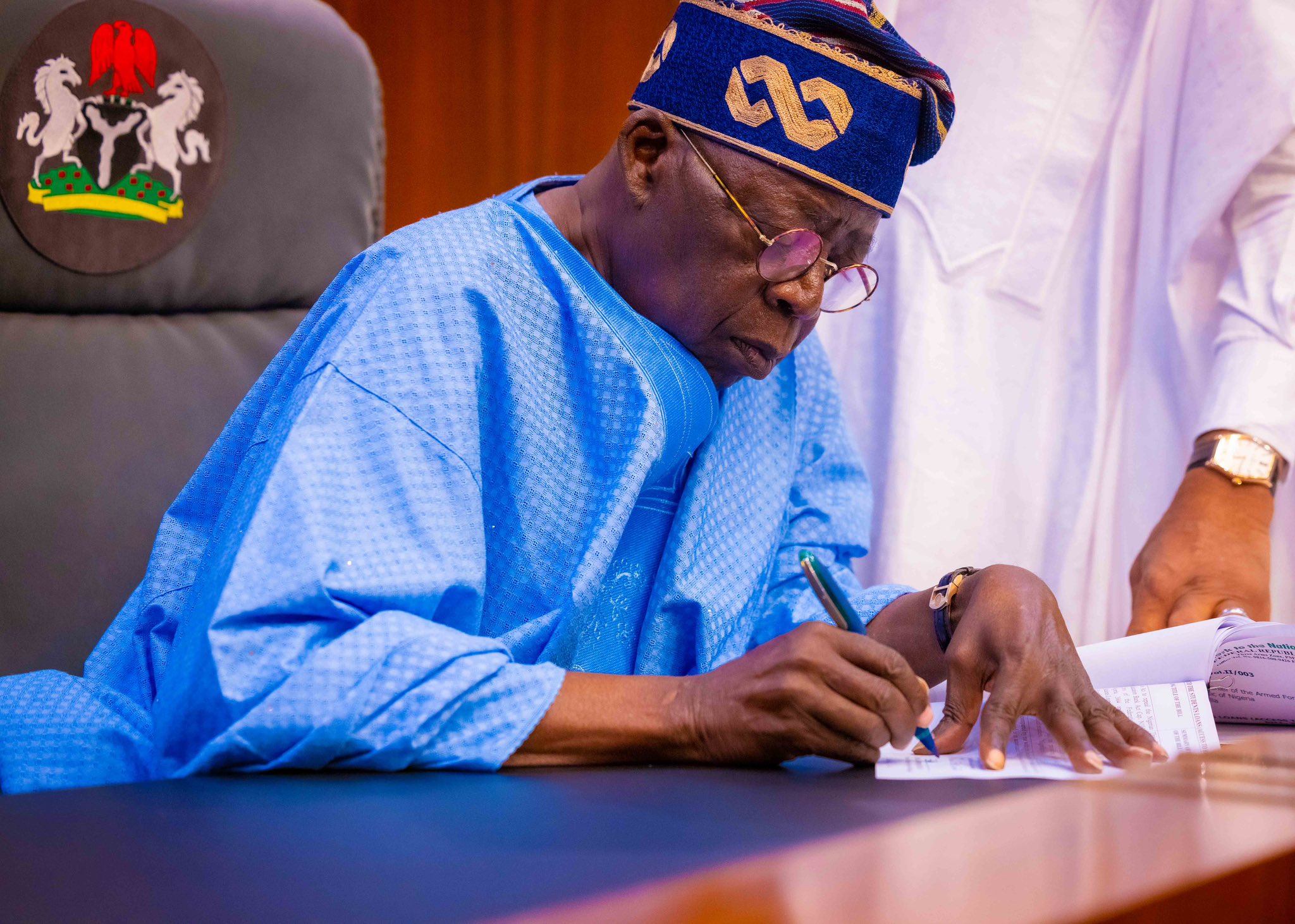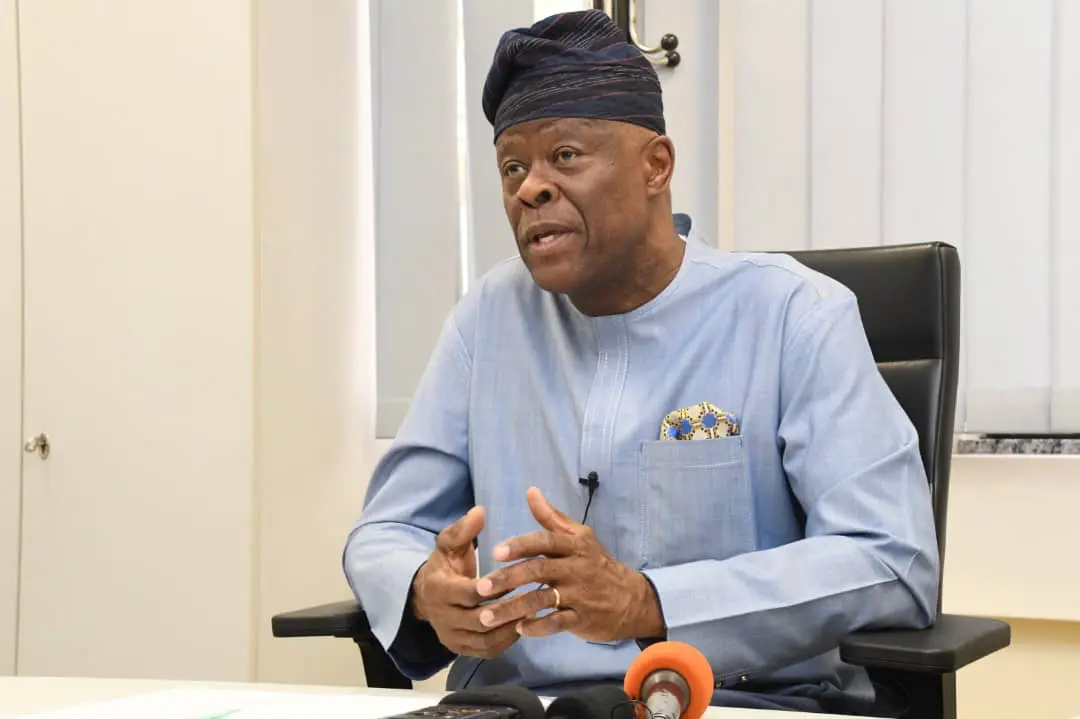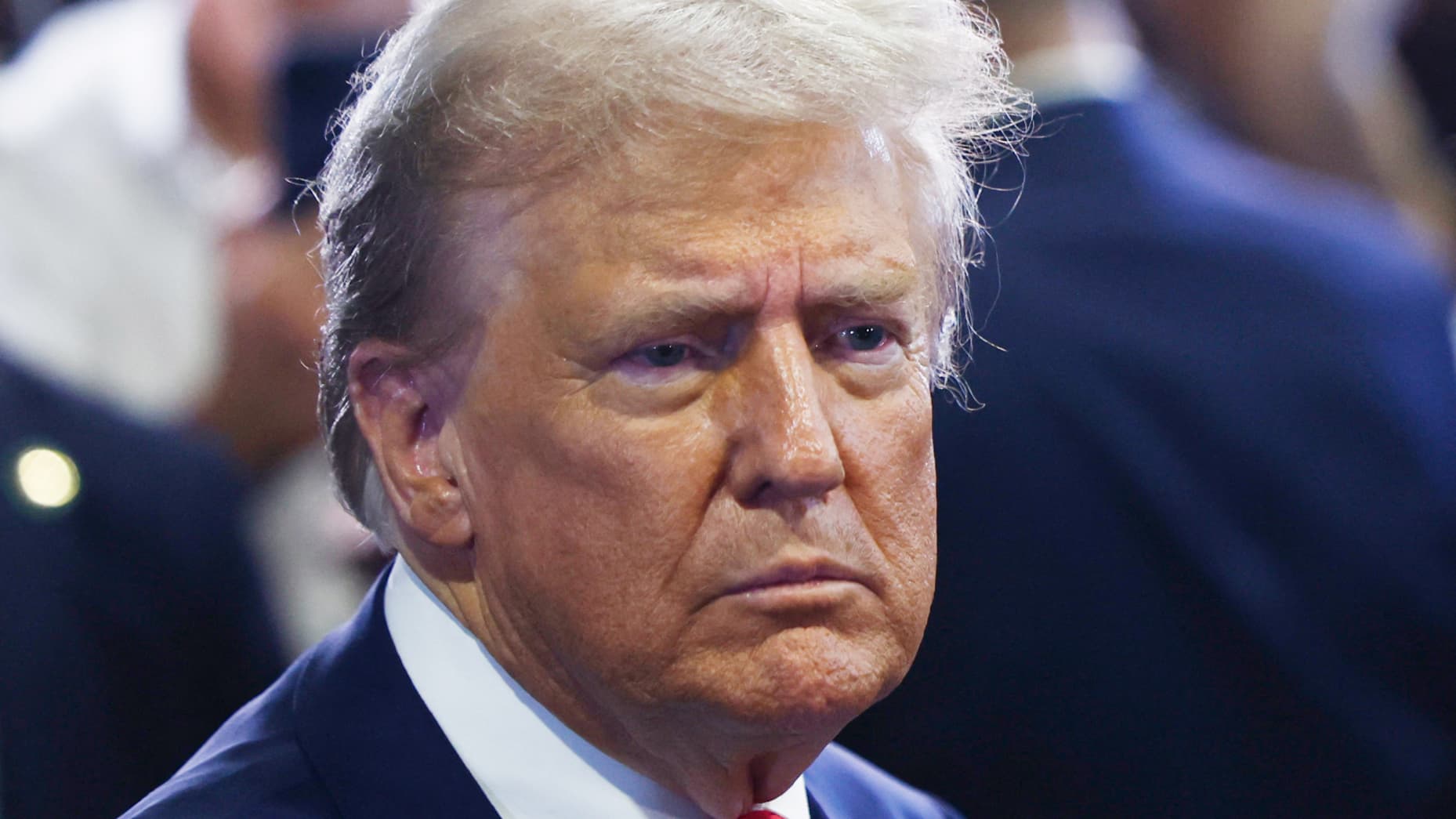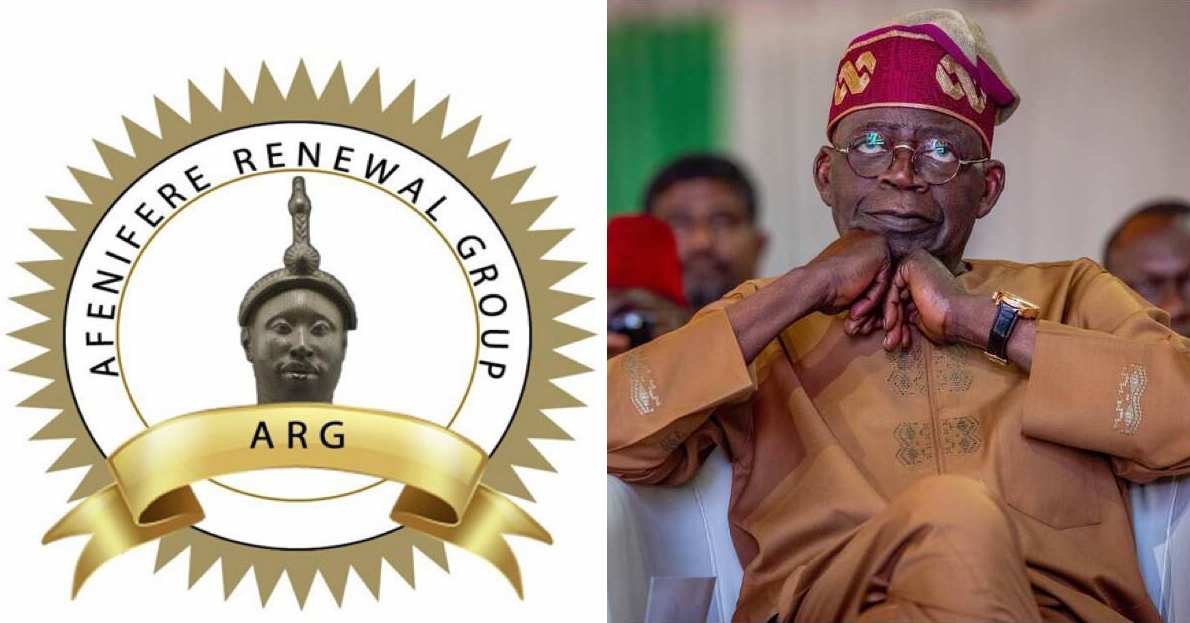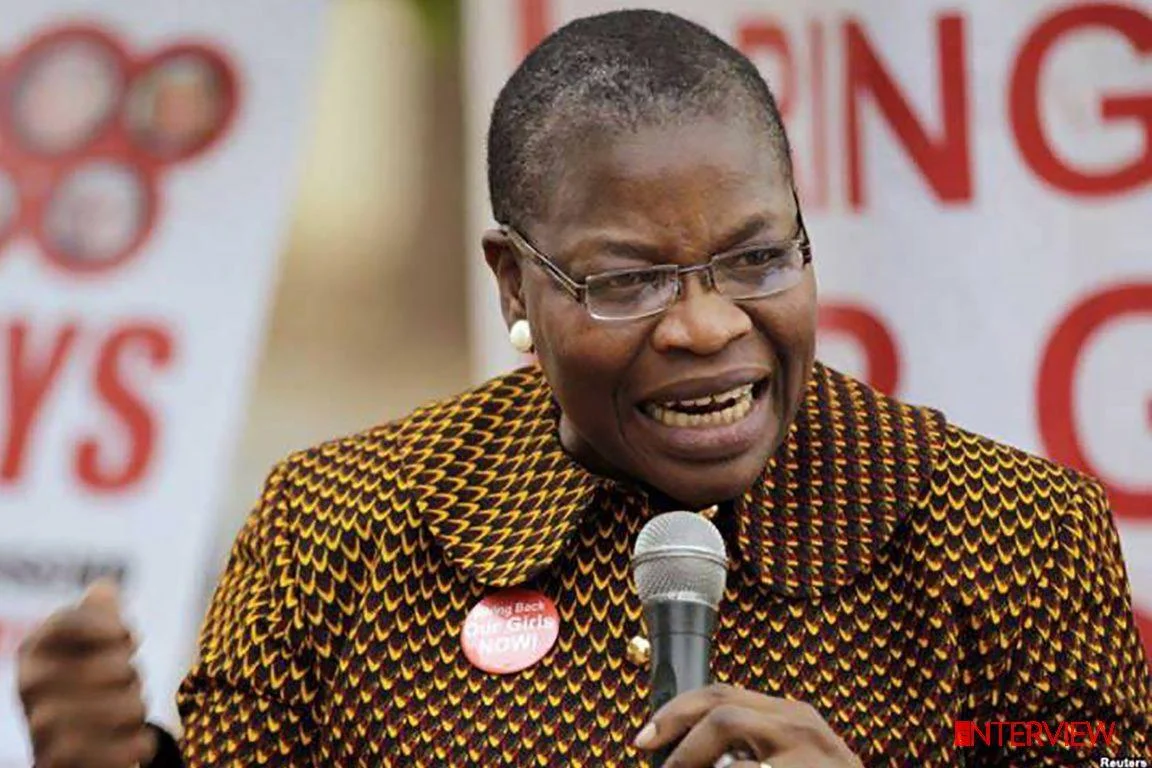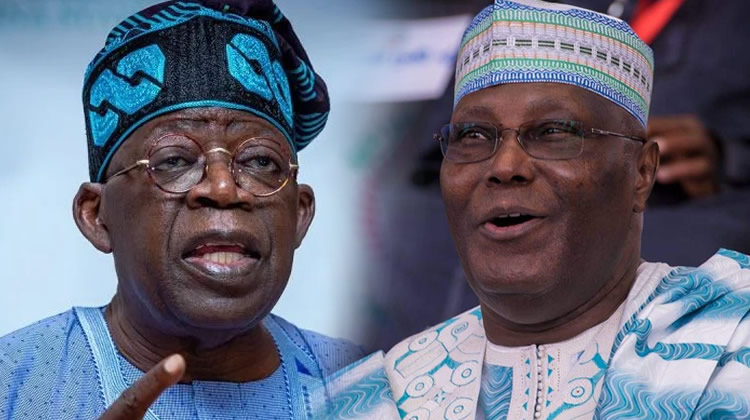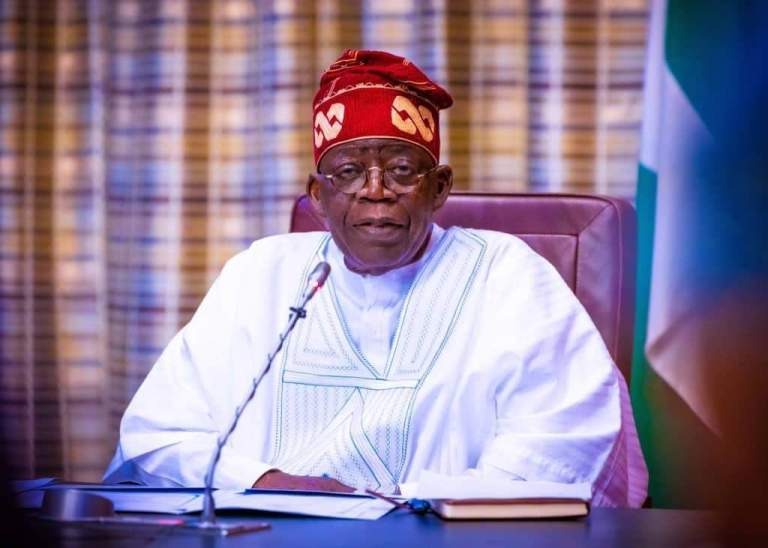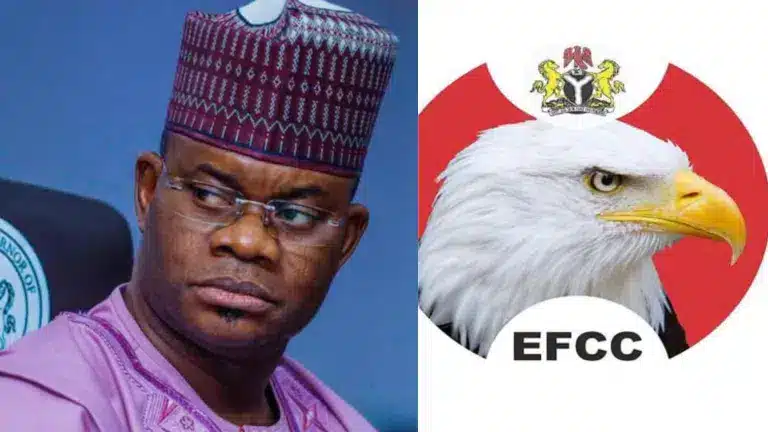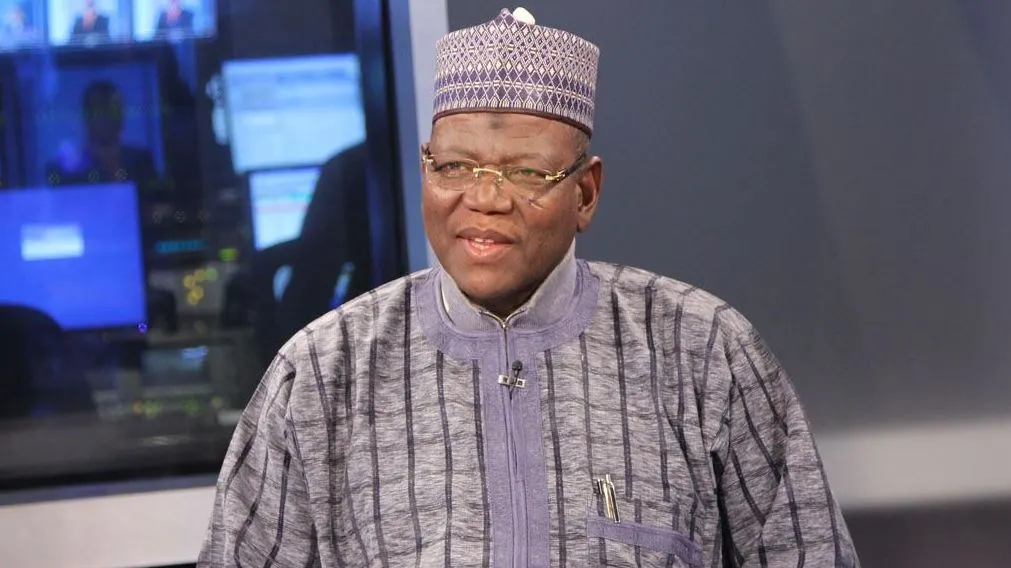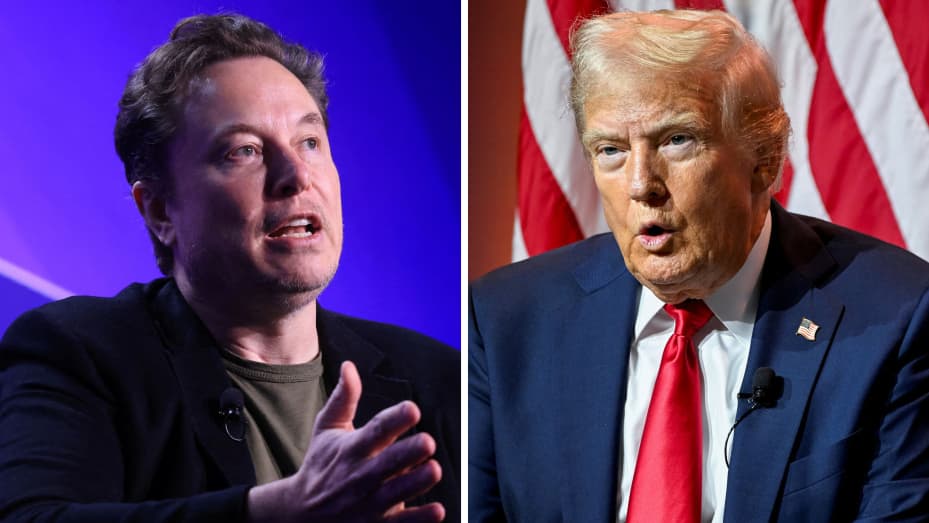Summary: The House of Representatives has requested the suspension of the Samoa Agreement until contentious clauses are thoroughly reviewed. Lawmakers have raised concerns, particularly over the “gender equality” clause, which they argue could undermine Nigeria’s moral values.
The House of Representatives has called on President Bola Ahmed Tinubu’s administration to halt the implementation of the Samoa Agreement with the European Union until all disputed clauses are thoroughly examined. This request follows a motion of urgent national importance, supported by 88 members of the House.
During Tuesday’s debate, Representative Aliyu Madaki highlighted concerns over the agreement’s “gender equality” clause, arguing that it could jeopardize Nigeria’s traditional and moral values. The House has since directed its relevant committees to investigate the contentious aspects of the agreement.
The Samoa Agreement, signed by Nigeria and the European Union, has sparked controversy, with many Nigerians expressing concerns online about its perceived endorsement of LGBT rights. This backlash references Nigeria’s existing laws against same-sex marriages and homosexual relationships, established in 2014 under former President Goodluck Jonathan.
At a weekend press conference, Ministers of Budget and Economic Planning, Atiku Bagudu, and Information, Mohammed Idris, clarified that Nigeria would not engage in any agreement that conflicts with the nation’s constitution, or its religious and cultural values. Bagudu emphasized that the agreement was intended to bolster food security, foster inclusive economic development, and address other critical issues.
Signed in Apia last November, the Samoa Agreement includes the European Union and its 27 member states, along with 79 nations from the Organisation of African, Caribbean and Pacific States (OACPS). It succeeds the Cotonou Agreement, aiming to tackle global challenges such as climate change, ocean governance, migration, health, peace, and security.
Nigeria’s commitment to the agreement was officially disclosed by Bagudu on June 28, 2024, although the details only became public in recent days.

